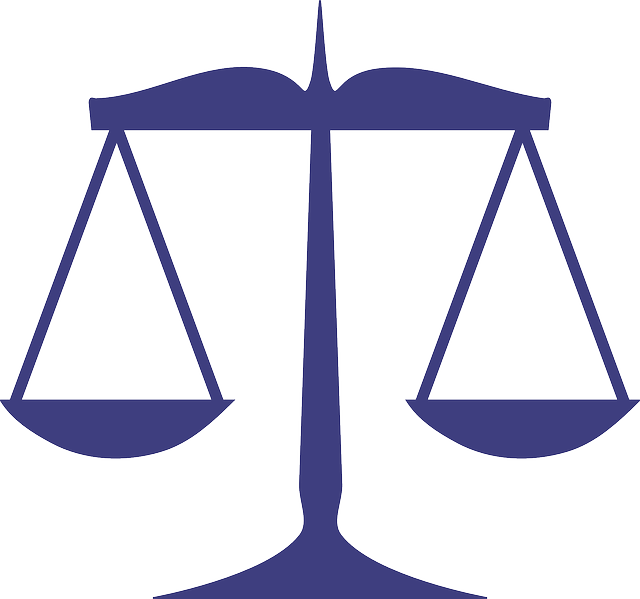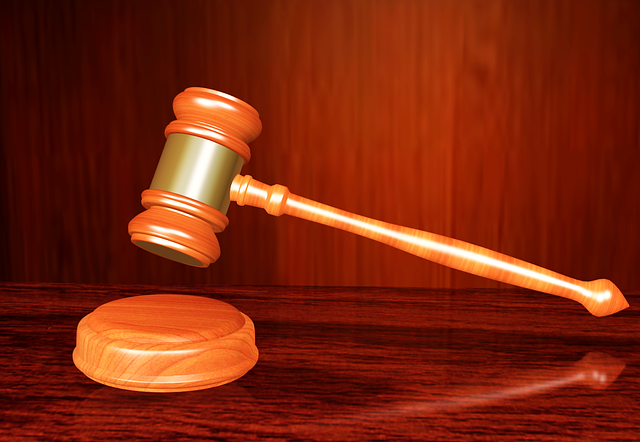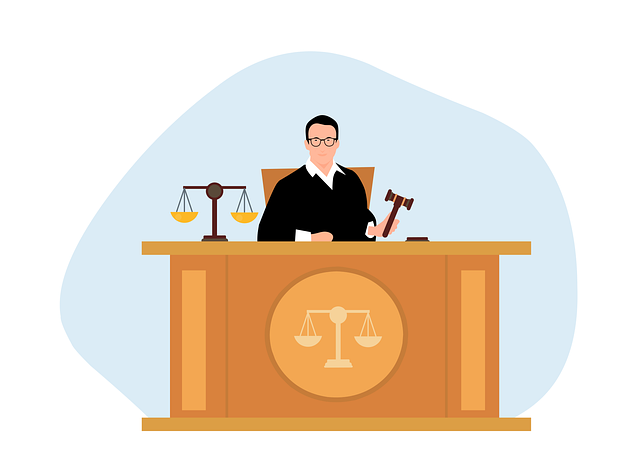In Derry, NH, scammers pose as lawyers or government agencies, using tactics like urgent phone calls and phishing emails to steal money or data. To protect yourself from "unwanted call lawyers" in NH, verify caller identities, hang up on suspicious calls, document details, report scams to local authorities and the Better Business Bureau (BBB), and consult legal experts specializing in these cases.
Derry, NH, residents need to be on high alert for scams. From phishing calls to door-to-door schemes, understanding common techniques is key to staying protected. This guide breaks down how to identify and report various scams, with a special focus on unwanted call lawyers prevalent in New Hampshire. Learn red flags to watch out for and the straightforward process of reporting these incidents to local authorities. Additionally, discover steps to take after recognizing a scam to safeguard your personal information.
Understanding Common Scam Techniques in Derry, NH

In Derry, NH, as in many places, scammers employ various tactics to deceive residents. One common method is through unwanted calls, often posing as lawyers or legal representatives from New Hampshire. These callers may claim there’s been a lawsuit filed against you, demanding immediate payment to avoid serious consequences. They create a sense of urgency and fear, aiming to trap unsuspecting individuals into making hasty decisions.
Another technique involves impersonating government agencies or financial institutions, asking for personal information under the guise of verification or account updates. Scammers also use phishing emails and fraudulent websites to steal sensitive data. Recognizing these techniques is crucial in protecting yourself from scams. Always verify the identity of callers or senders independently and be wary of any unexpected requests for money or personal information.
Identifying Unwanted Call Lawyers and Their Red Flags

Unwanted call lawyers in New Hampshire are a growing concern, as con artists increasingly target residents through deceptive phone calls. Recognizing these unwanted call lawyers and their tactics is crucial for protecting yourself from potential scams. Red flags often include sudden or unexpected calls claiming to be from legal or government entities, demanding immediate action with threats of arrest or legal consequences. These scammers may pose as local attorneys, using pressure tactics to convince victims to sign over powers of attorney or provide sensitive personal information.
Be wary of any caller who: demands payment in a specific manner (like wire transfer or gift card), insists on a “limited time offer” to resolve an issue, or makes threats or feels rushed during the conversation. Legitimate legal services will not operate this way. If you receive such a call, hang up immediately and report it to local law enforcement or consumer protection agencies in New Hampshire.
The Process of Reporting Scams to Local Authorities

When it comes to recognizing and reporting scams, one crucial step is understanding the process of reporting them to local authorities. In Derry, NH, residents can play an active role in combating fraud by promptly notifying the appropriate departments. If you receive an unwanted call from a lawyer or any other suspicious contact, don’t ignore it. Instead, document all details such as the caller’s name, phone number, and any threats or promises made during the interaction.
Report these incidents to the Derry Police Department or the Attorney General’s Office in New Hampshire. These entities have dedicated units that handle consumer fraud cases. You can file a formal complaint online or visit their offices personally. Providing this information helps law enforcement track patterns and potentially identify organized scam rings, ensuring better protection for the community.
Protecting Yourself: What to Do After Recognizing a Scam

After recognizing a scam, it’s crucial to take immediate action to protect yourself and others from potential future harm. The first step is to hang up or end the interaction if you’ve received an unwanted call or message. Don’t provide any personal or financial information under any circumstances.
Next, document all details about the scam attempt – save texts, emails, or voicemails as evidence. Contact local law enforcement or file a report with the Better Business Bureau (BBB) to alert them of the scam and help prevent others from falling victim. Additionally, inform your bank or financial institution if you believe your account may be at risk. In New Hampshire, it’s also advisable to reach out to unwanted call lawyers who specialize in handling such cases, as they can guide you through any legal options available.






